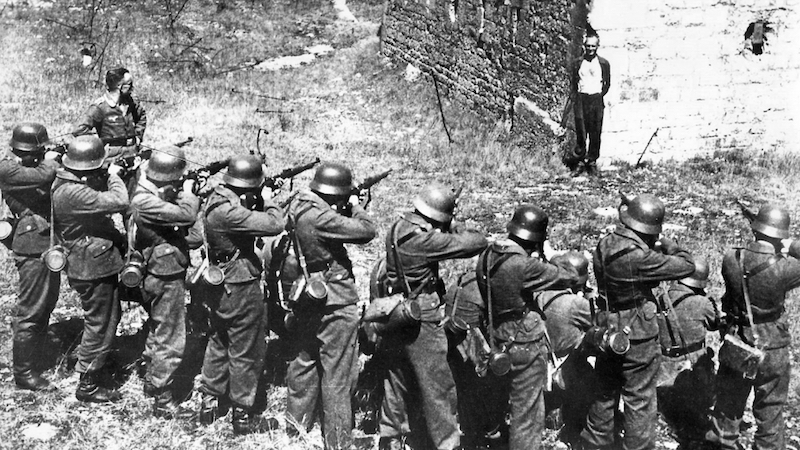Why is treason the gravest crime?
- 23 July 2017
- Posted by: Michael H Hallett
- Category: History , Patriarchy ,

Throughout recorded history, treason has often been regarded as the worst crime an individual can commit—morally worse than murder, robbery or other crimes. Historically, treason against the ruling sovereign has often been called ‘high treason’. More general acts of treason, or acts against lesser individuals, have been called ‘petty treason’ or simply ‘treason’.
In Britain, the Treason Act of 1351 recognises four categories:
- “When a man doth compass or imagine the death of our lord the King, or of our lady his Queen or of their eldest son and heir”;
- “If a man do violate the King’s companion, or the King’s eldest daughter unmarried, or the wife of the King’s eldest son and heir”;
- “If a man do levy war against our lord the King in his realm, or be adherent to the King’s enemies in his realm, giving to them aid and comfort in the realm, or elsewhere”; and
- “If a man slea the chancellor, treasurer, or the King’s justices of the one bench or the other, justices in eyre, or justices of assise, and all other justices assigned to hear and determine, being in their places, doing their offices”.
The death penalty
Traditionally, treason has been punishable by death. This remains the case in some countries, though in many the highest sentence is now life imprisonment. One of the most famous traitors in history is Guy Fawkes. He was hung, drawn and quartered after a failed assassination attempt on King James I of England on 5 November 1605—a date since commemorated in Britain as Guy Fawkes Night.
While it is understandable that a nation would punish death threats to its rulers very harshly, many acts that qualify as treason in reality pose very little threat to the nation. This is particularly true during times of war. One person more or less aiding the enemy or going over to their side makes precious little difference. Yet accusations of treason carry an exceptionally powerful charge. They leave a stigma that even time does little to dilute. 75 years have passed since Vidkun Quisling led the Norwegian government during the Nazi occupation of Norway. Yet ‘quisling’ remains a synonym for traitor. To call someone a quisling is a grave affront to their honour.
Why is this?
Belonging
It’s all to do with belonging.
The emotional mechanics of patriarchal societies are entirely geared around the survival of the tribe, nation or state. To this end, every individual is unconsciously conditioned to give their life for the state.
In return, the state undertakes to ensure its own survival so that the individual will not have died in vain. This conditioning is inherited through DNA as well as fostered through pro-state propaganda and narratives of national superiority. The person who obeys this condition belongs—in every sense of the word—to their society.
Treason is the act of breaking this unconscious accord between the patriarchal state and the individual. Because the state seeks only to further its own aims—i.e. the aims of its ruling elite, the ‘deep state’ in current parlance—any act of treason must be publicised in the most outrageous emotional terms and punished with equal severity.
Because the state seeks only to further its own aims—i.e. the aims of its ruling elite, the ‘deep state’ in current parlance—any act of treason must be publicised in the most outrageous emotional terms and punished with equal severity
During the American Civil War, William Bruce Mumford was convicted of treason for tearing down the United States flag. He was hanged in 1862, the last American to be executed for treason. In Britain that dubious honour falls to Theodore Schurch, son of a Swiss father and English mother. After his capture at Tobruk in 1942 he worked for German and Italian intelligence. He went to the gallows on 4 January 1946.
It took more than 50 years before Britain abolished the death penalty for treason. The emotional programming that underlies the charge of treason remains at work in the collective psyches of every patriarchal society.
